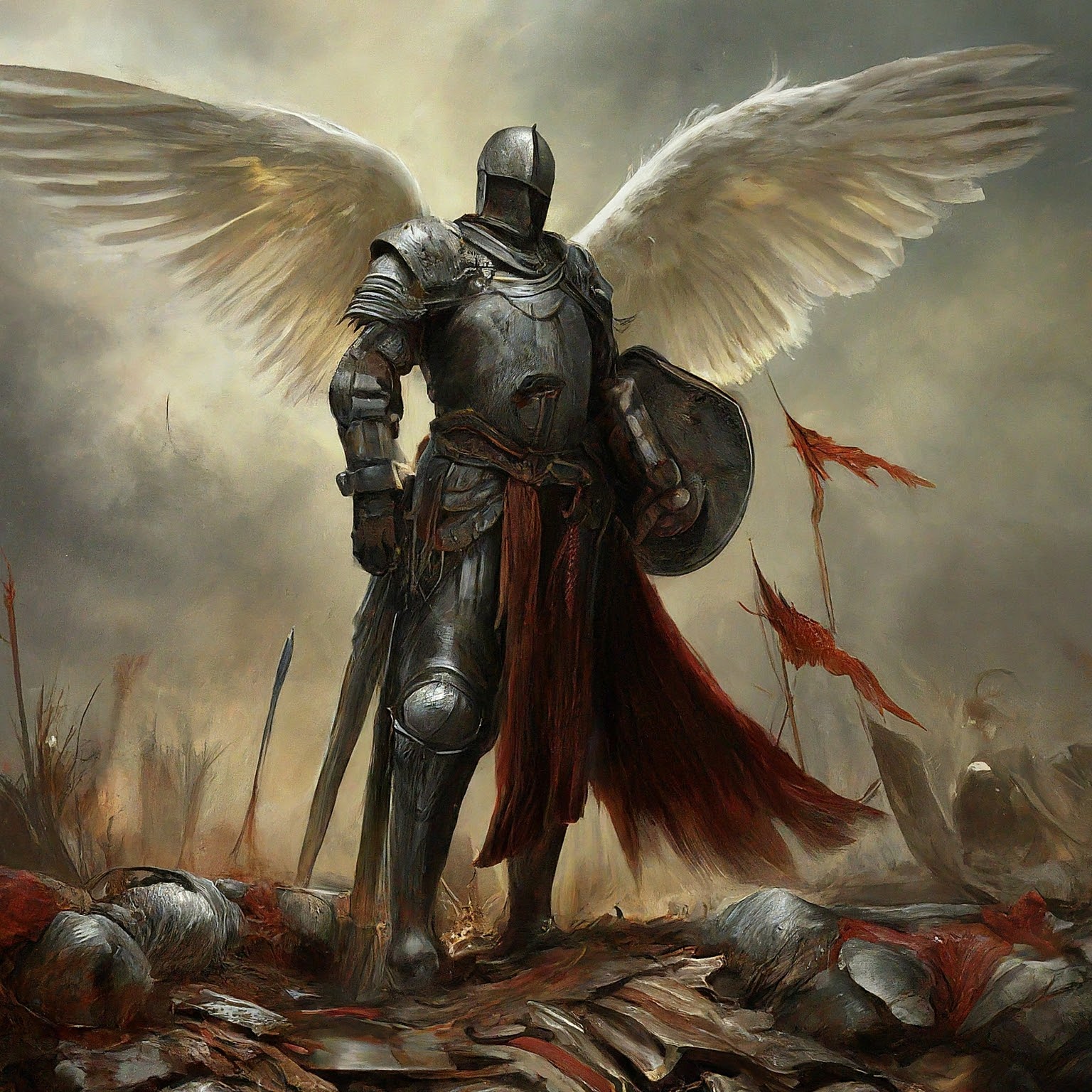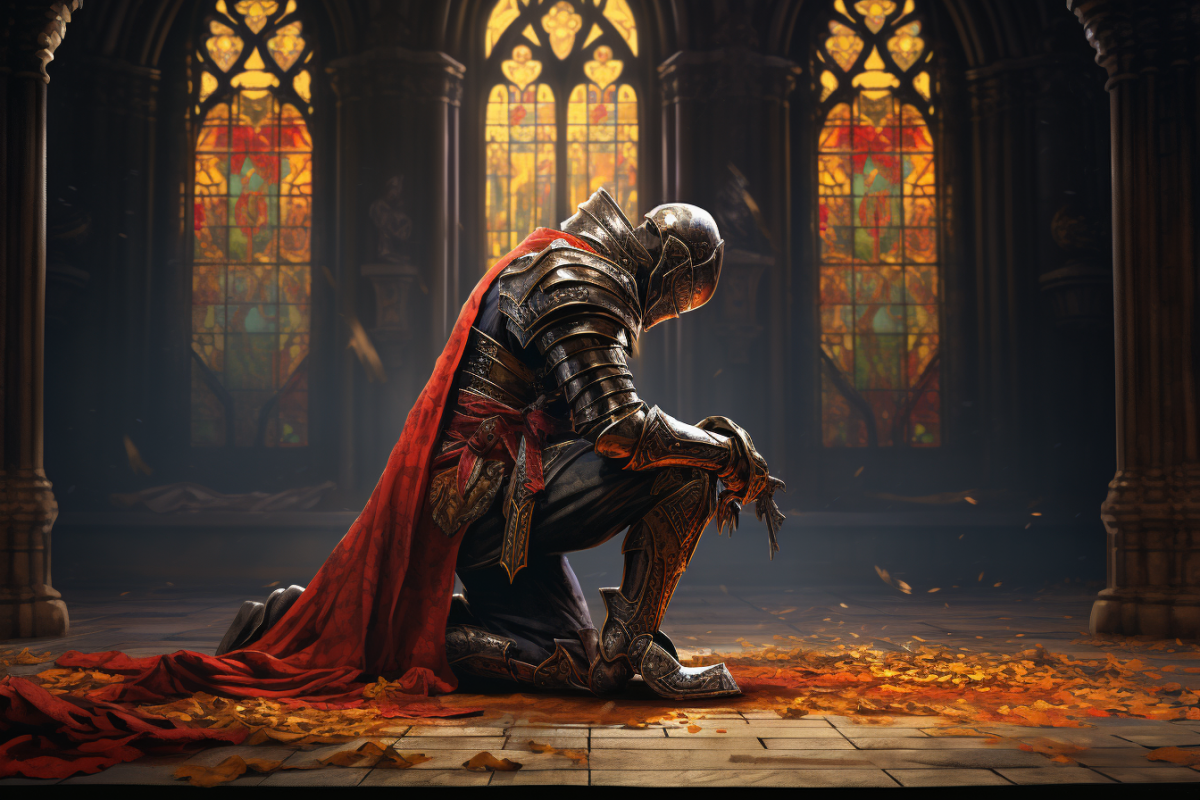The Rise of Weak Men in Today’s Society
Weak Men Create Hard Times – In today’s rapidly evolving society, the concept of masculinity has undergone significant changes. Traditional notions of strength, resilience, and leadership seem to be fading, replaced by a rise in the prominence of weak men. This article delves into the phenomenon of weak men in contemporary society, examining their traits and the impact they have on the fabric of our communities. Additionally, it explores the role played by media in enabling this cultural shift, the consequences of weak men assuming positions of power, and ultimately, the need to challenge weakness and cultivate resilience in order to create better times for individuals and society as a whole.

Examining Dynamics of Masculinity
Gone are the days when masculinity was solely defined by physical prowess and emotional stoicism. In today’s society, the landscape of manhood has undergone a significant transformation. The rise of weak men, who exhibit a lack of strength and resilience, has become an intriguing phenomenon worth exploring.
“Hard times create strong men, strong men create good times, good times create weak men, and weak men create hard times.”
Michael Hopf – Those Who Remain (2016)
The Influence of Societal Factors on the Emergence of Weak Men
Various societal factors have contributed to the emergence of weak men. The shifting dynamics of gender roles and expectations, the influence of consumerism, and the diminishing significance of traditional male attributes have all played a part. It’s crucial to delve deeper into these influences to understand why weakness has gained traction among a growing segment of the male population.
Understanding the Traits of Weak Men
Exploring the Definition of Weakness in Men
Before dissecting the traits of weak men, it’s essential to establish what weakness means in this context. Weakness, for for our purposes here, refers to a lack of emotional resilience, an inability to handle adversity, and a tendency to prioritize self-interest over personal growth. It does not equate to physical strength (even though resent studies indicate men are weaker than they were 30 years ago) or the absence of vulnerability.
A better understanding of what we mean by weakness in this context allows us to delve deeper into the traits that often characterize weak men. One common trait is a lack of emotional resilience, which manifests as an inability to cope with and bounce back from challenging situations. Weak men may struggle to regulate their emotions, becoming easily overwhelmed by stress or succumbing to negative emotions such as anger or self-pity.
Additionally, weak men tend to have difficulty handling adversity. They may shy away from confronting problems head-on, instead opting for avoidance or seeking external validation and support. Rather than facing challenges with determination and perseverance, they may give up easily or resort to blaming others for their failures. Charaterized by the need for “safe spaces” on college campuses.
Another defining characteristic of weak men is their tendency to prioritize self-interest over personal growth. They often lack the motivation and dedication required for self-improvement. Instead of investing time and effort into developing themselves intellectually, emotionally, or spiritually, they choose instant gratification or short-term gains that serve only their immediate desires.
The Psychological and Emotional Characteristics of Weak Men
Weak men often exhibit psychological and emotional characteristics that hinder their personal development. These traits may include an aversion to taking responsibility, an excessive need for validation from others, and an inability to cope with setbacks. Understanding these characteristics can shed light on the mindset of weak men and the challenges they face.
The Impact of Weak Men on Society
Weakening of Traditional Male Roles and Responsibilities
The rise of weak men has contributed to the weakening of traditional male roles and responsibilities. As society evolves, the expectations placed on men as providers, protectors, and leaders have become blurred. This shift can create confusion, leading to a lack of direction and purpose among weak men.
Erosion of Leadership and Decision-Making Abilities
Weak men often struggle with making assertive decisions and providing effective leadership. Their indecisiveness and fear of failure can impede progress and hinder the collective development of society. It is crucial to recognize the importance of strong leadership and the potential consequences of its erosion.
Increased Vulnerability and Dependence on Others
Weak men may find themselves more vulnerable to manipulation and exploitation due to their lack of assertiveness and self-assurance. Their dependence on others for emotional support and decision-making amplifies their vulnerability, affecting their ability to navigate the challenges of contemporary society independently.
The Role of Media in Enabling Weak Men
Portrayal of Weak Men in Popular Culture
Media plays a significant role in shaping societal norms and perceptions. Unfortunately, popular culture frequently portrays weak men as comedic or undesirable, perpetuating stereotypes that undermine their confidence and self-worth.
Media’s Influence on Shaping Male Identity
Media’s influence extends beyond the portrayal of weak men. It actively molds male identity, often promoting unrealistic standards of masculinity that contribute to feelings of inadequacy. This influence exacerbates the rise of weak men by fostering insecurity and undermining their ability to develop a strong sense of self.
The Consequences of Weak Men in Positions of Power
Failure to Address Societal Challenges and Crises
When weak men hold positions of power, the consequences can be dire for society. They often lack the strength and determination needed to address pressing challenges and crises. Instead of taking decisive action, they may waver, delay, or even ignore the problem altogether. This can lead to further deterioration of societal conditions and exacerbate existing issues.
Lack of Assertiveness and Ineffective Decision Making
Weak men in positions of power tend to lack assertiveness, making them ineffective decision-makers. They may struggle to stand up for what is right and make tough choices when necessary. As a result, critical decisions may be delayed or compromised, hindering progress and causing unnecessary setbacks. Their inability to take a firm stance can create chaos and confusion within their spheres of influence.
Corruption and Manipulation in Positions of Authority
Weak men in positions of power are more susceptible to corruption and manipulation. Their lack of strength and confidence can make them easy targets for those seeking to exploit their vulnerabilities. This can lead to unethical practices, misuse of authority, and the erosion of trust in institutions. The consequences of such behavior can be far-reaching, affecting the integrity of entire systems and the well-being of society as a whole.
Challenging Weakness and Cultivating Resilience
Redefining Masculinity for Strength and Resilience
To counter the negative effects of weak men in positions of power, it is crucial to redefine masculinity in terms of strength and resilience. We must encourage men to embrace qualities such as determination, courage, and perseverance. This means promoting a culture that values emotional strength, mental fortitude, and the ability to adapt and overcome challenges.
Encouraging Emotional Intelligence and Self-Reflection
Developing emotional intelligence and fostering self-reflection is essential for cultivating strength and resilience in men. By encouraging men to explore and understand their emotions, we can help them build healthier relationships, make better decisions, and effectively navigate the complexities of life. Self-reflection enables personal growth and empowers men to confront weaknesses and work towards improving themselves.
Fostering Growth Mindset and Personal Development
A growth mindset is vital for cultivating resilience and overcoming weaknesses. By fostering a belief in the potential for personal growth and development, we empower men to embrace challenges as opportunities for learning and improvement. Encouraging continuous learning, skill development, and seeking mentorship can help men enhance their abilities and become stronger individuals.
Empowering Strong Men and Building a Stronger Society
Promoting Positive Male Role Models
To build a stronger society, it is essential to promote positive male role models who embody strength, integrity, and empathy, the basic tenets of Chivalry. By showcasing men who exhibit these qualities, we can inspire others to strive for the same. Positive male role models serve as beacons of hope and provide guidance for younger generations, shaping a society that values strength alongside kindness and compassion.
Creating Opportunities for Skill Development and Leadership
To empower strong men, it is important to create opportunities for skill development and leadership. By providing access to education, training, and mentorship programs, we can equip men with the tools they need to succeed. Encouraging men to take on leadership roles not only benefits individuals but also strengthens communities by fostering diverse perspectives and approaches.
Overcoming Weakness and Creating Better Times
Recognizing the Importance of Strong Men in Society
While weak men in positions of power can create hard times, it is crucial to recognize the immense value and potential of strong men in society. Strong men, who embody resilience, determination, and integrity, have the power to drive positive change, address societal challenges, and create better times for all.
The Path towards Strength, Resilience, and Progress
By challenging weakness, cultivating resilience, and empowering strong men, we pave the way for progress and a brighter future. The rise of weak men in contemporary society has had far-reaching consequences. From the erosion of traditional male roles to the ineffective decision-making in positions of power, the impact is palpable. However, by challenging weakness and cultivating resilience, we can empower strong men and build a stronger society. By promoting positive male role models, supporting mental health and well-being, and creating opportunities for growth, we can steer society towards a better future. It is through these efforts that we can overcome weakness and create a world that values strength, resilience, and progress for all.





